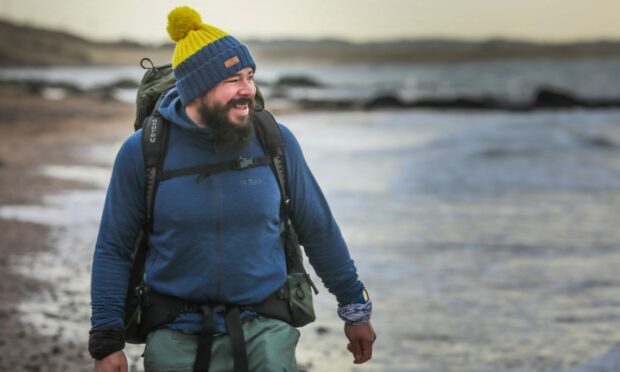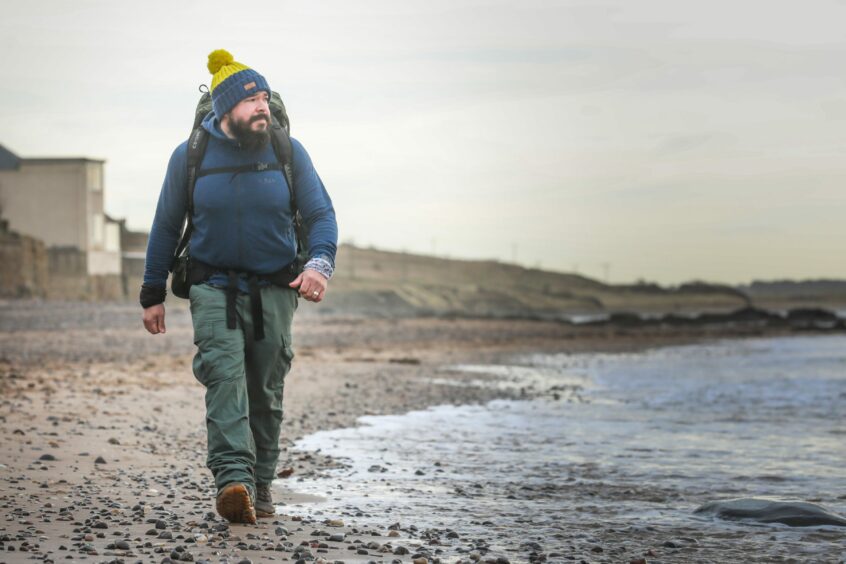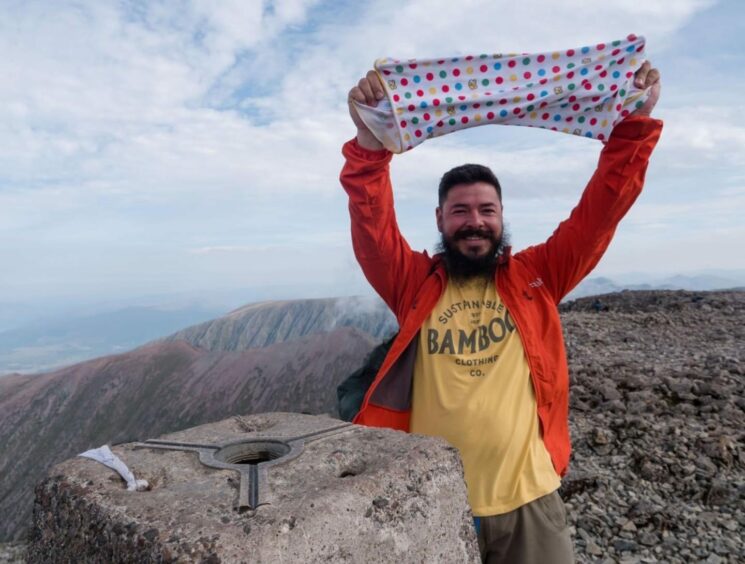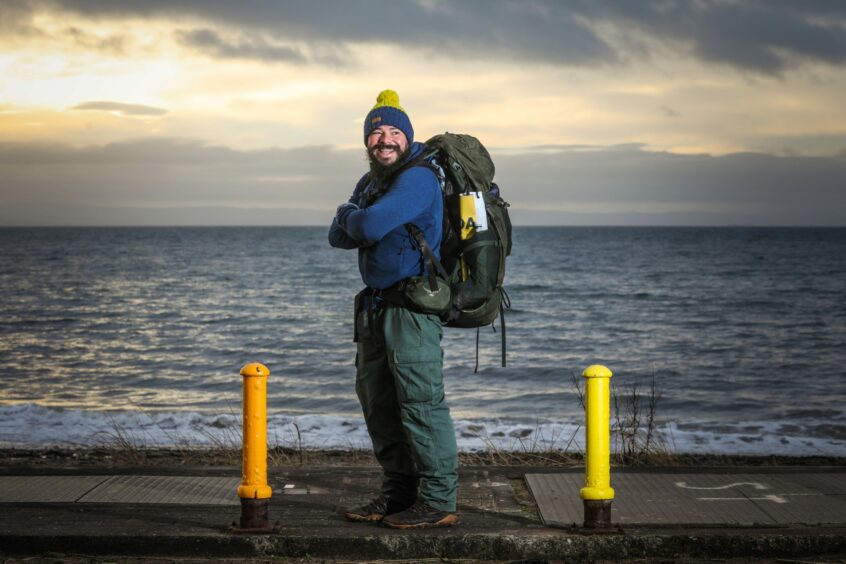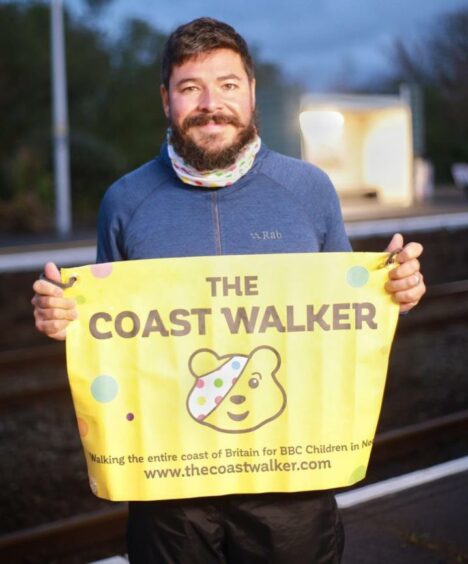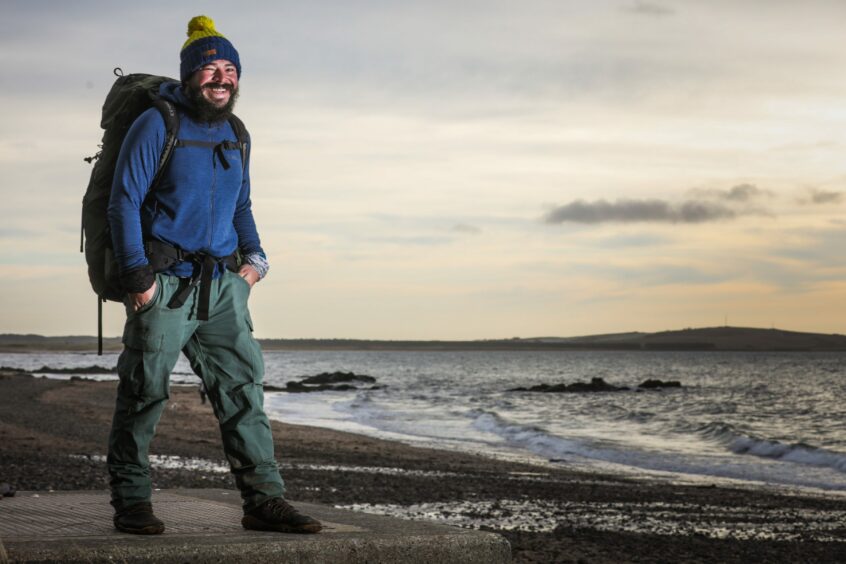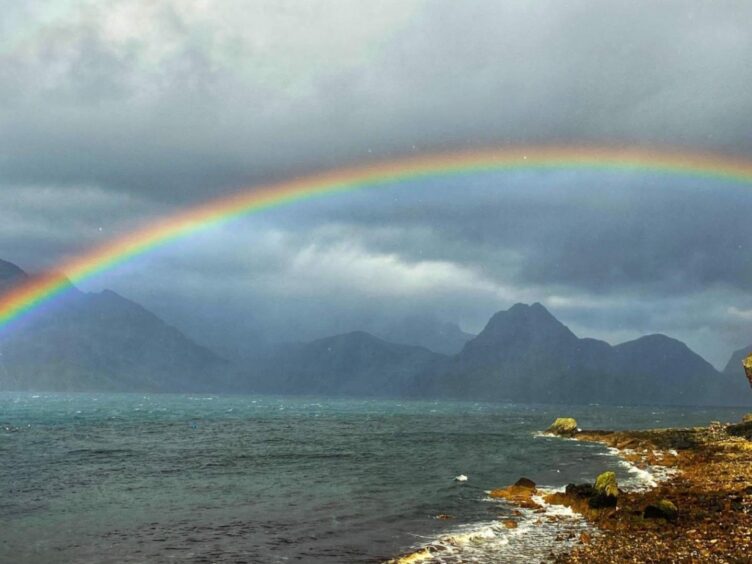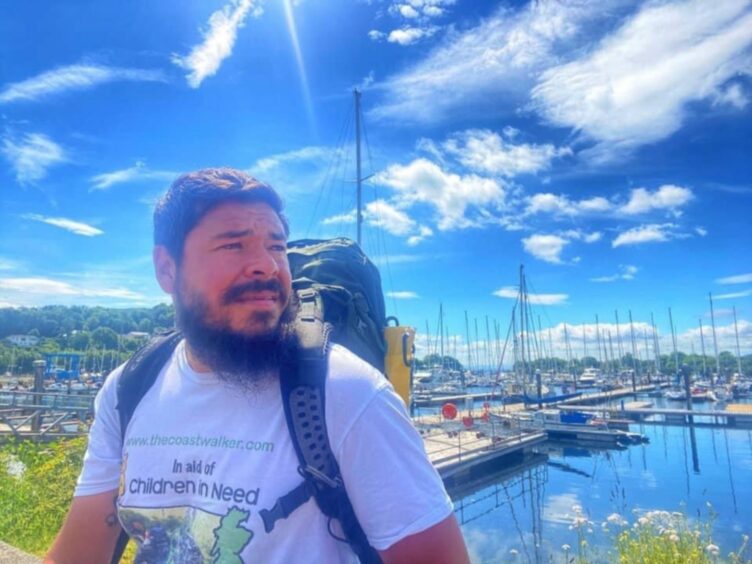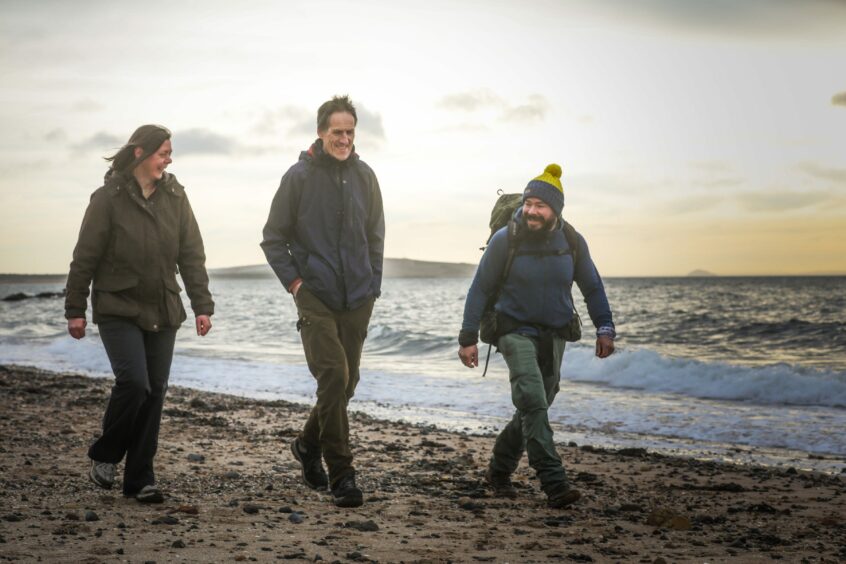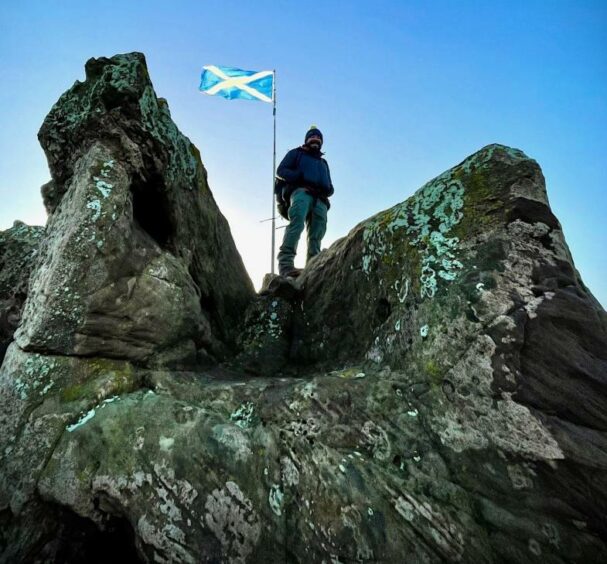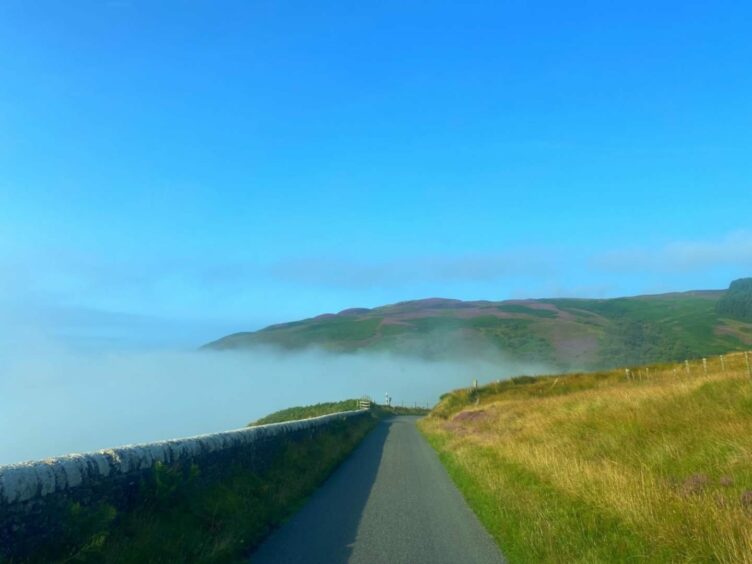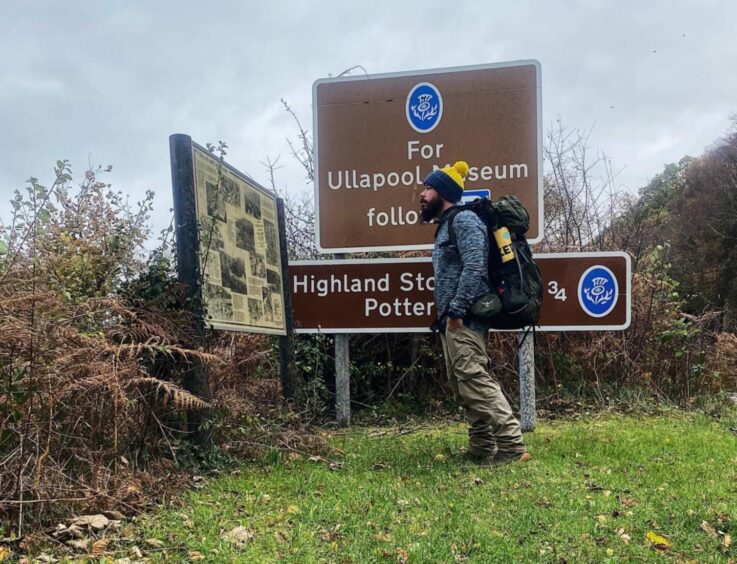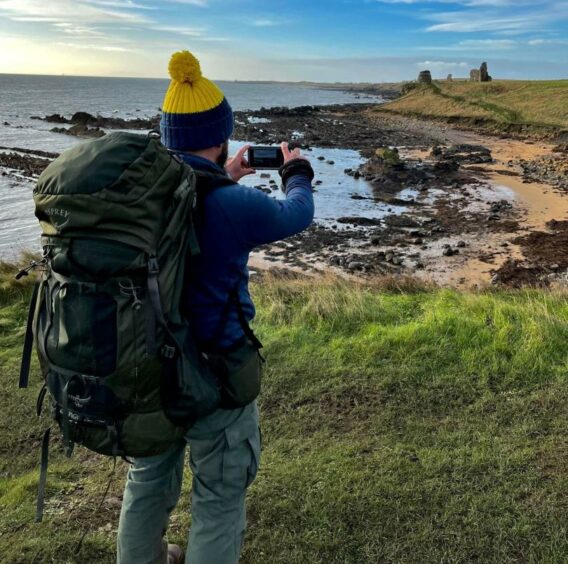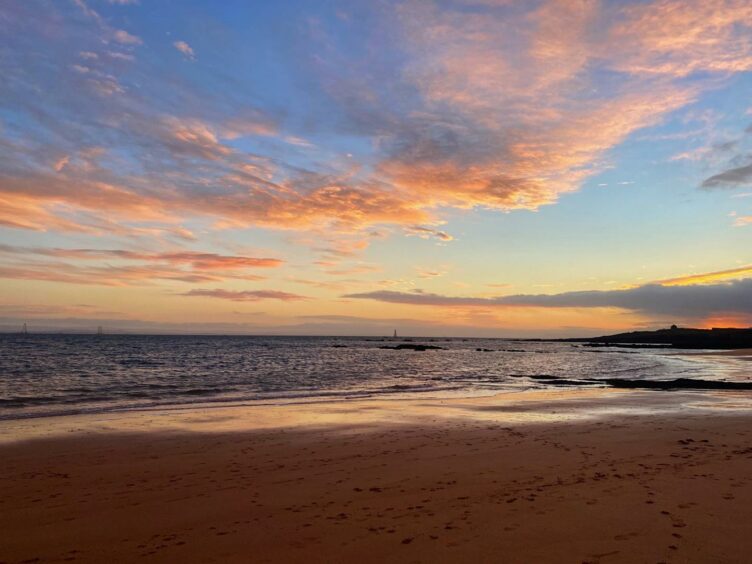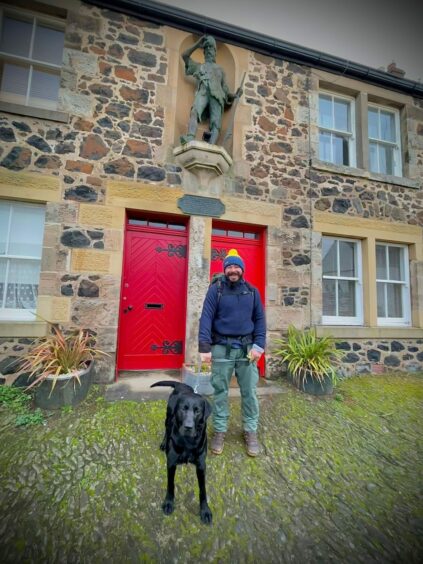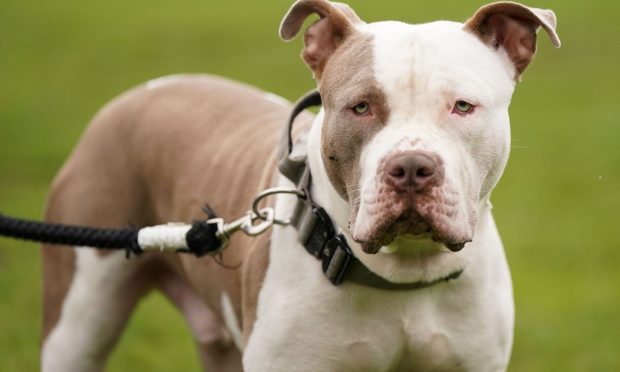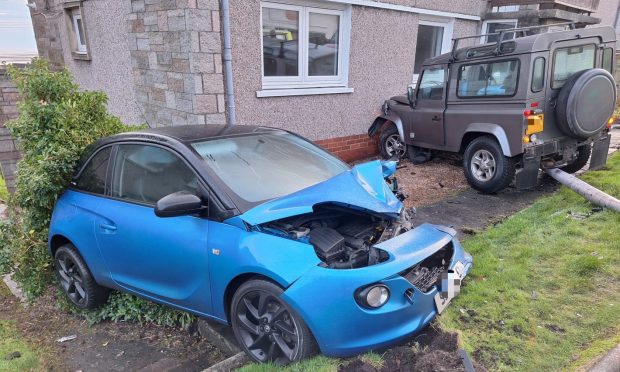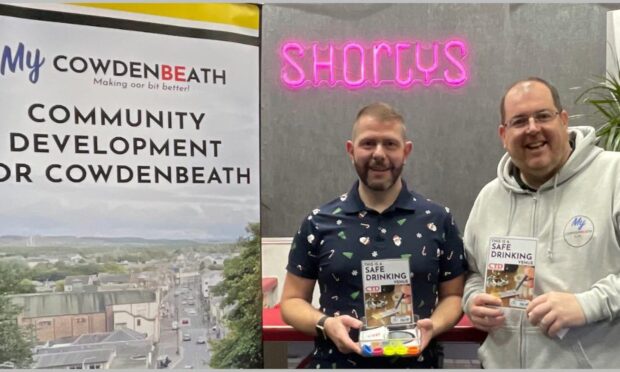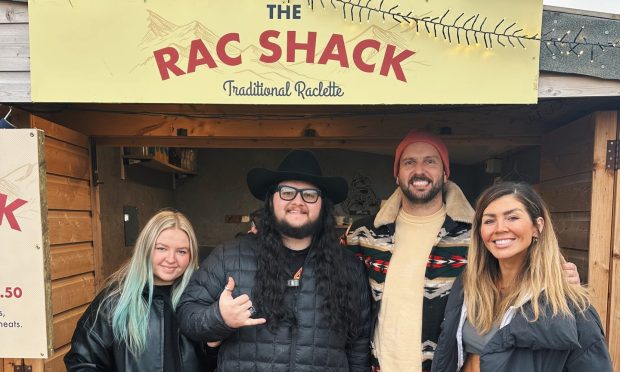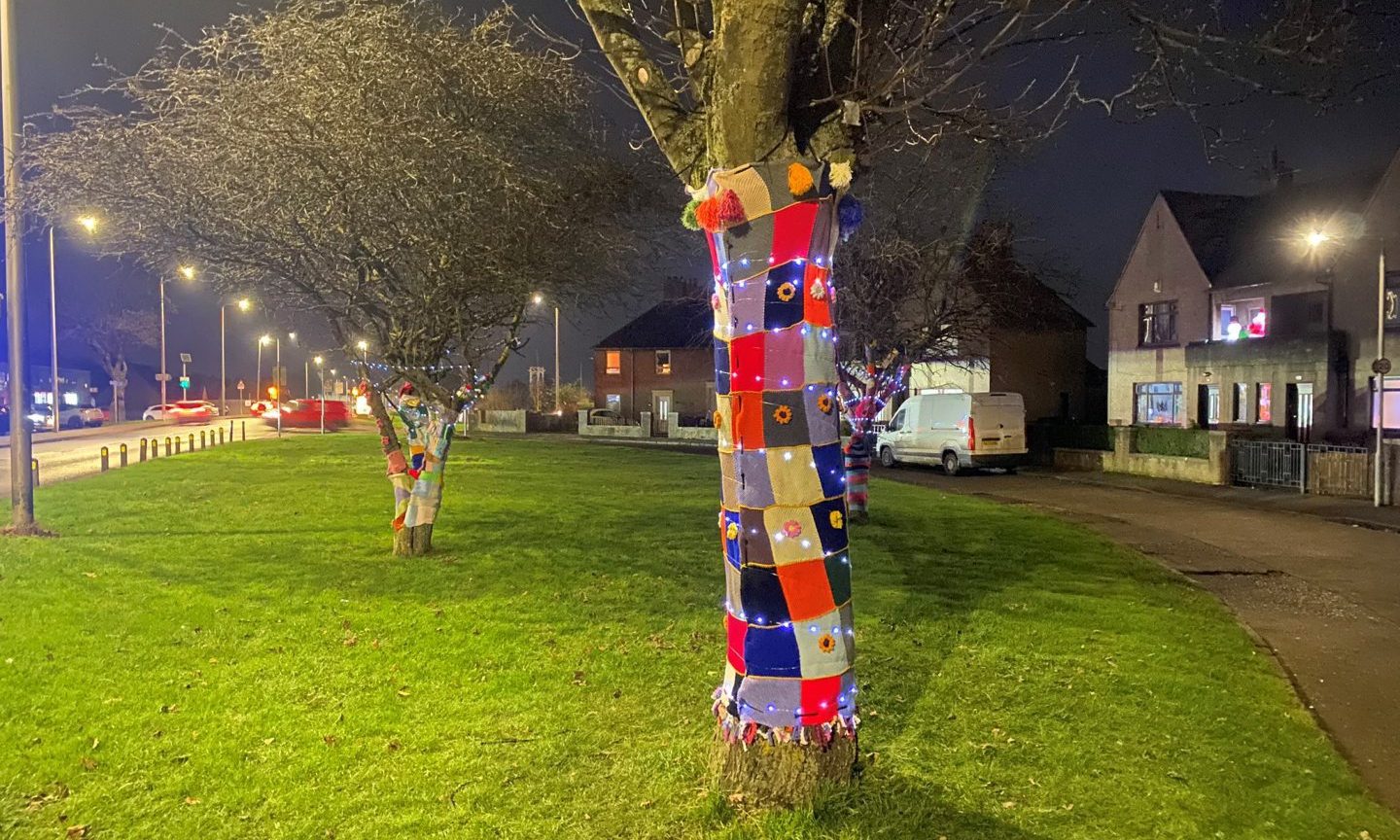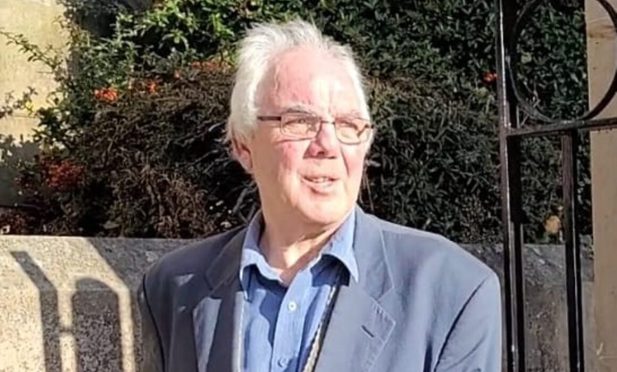Bearded, and bedraggled, long distance coastal walker Chris Howard says he can’t blame people for sometimes not wanting to make eye contact with him.
The 36-year-old builder, who is walking 11,000 miles around the UK coast to raise money for Children in Need, set off from Heacham South Beach in Norfolk on July 29, 2020.
But when the married father-of-three from Cambridge reflects on the challenges he’s overcome on his marathon adventure so far, it’s the kindness of strangers – particularly in Scotland – that has overwhelmed him most.
Understanding the world
Originally from Kent but now based in Cambridge, Chris is no stranger to global adventure.
Driven by an “ordinary person’s desire” to see the world for himself and understand his place in it, his journeys over the years have seen him travel through the jungles and rainforest of Southeast Asia to traversing India, Russia and much of Europe.
The cultural lessons and humility he’s gained have helped him develop a deep sense of connection to the environment and its people, and a deep understanding that everyone is ultimately the same.
He’s rowed the Atlantic (fully unsupported), cycled nonstop Paris to Cambridge and did three stages of the Tour de France over 12 solid hours on an official programmed spin bike.
Putting life into perspective, having a family has ultimately been the “biggest and best experience to date”, he says.
At the end of the first Covid-19 lockdown in 2020, however, he was inspired to embark upon his UK coastal trek after reading about the impact lockdown was having on disadvantaged children.
Children less fortunate
“I was looking at my own children and thinking how lucky they were,” he says.
“They had a happy, healthy, positive environment to grow up in.
“I know from my own childhood that lots of children are not so fortunate and are probably forgotten about during lockdown.
“It’s probably worse for a lot of children at home when they couldn’t be at school.
“So I wanted to do something positive to help children from all backgrounds in the UK and make sure I was doing something positive – not just to help financially, but to inspire a bit of hope that there was life beyond Covid.”
Leaving behind his wife Abigail, who runs the office at his building company, and his three daughters – twins Elsa and Nala, 8, and Aria, 5 – Chris decided to set off in a clockwise direction around the UK from Norfolk.
Initially giving himself a year to complete the challenge, his aim was to do a “marathon”, or 26 miles per day.
So far he’s raised more than £30,000 for Children in Need – which is more than three times his original target. His aim now is to raise £40,000 by the time he finishes.
However, with different lockdown rules in different areas, and having experienced more than his fair share of unusual experiences, Chris no longer “obsesses” about how far he should walk each day.
Scotland’s beauty
Speaking with The Courier as he walked between Anstruther and Elie in Fife, Chris explains that his trek has seen him try to stay as close to the actual coast as possible.
“If there’s a beach, I’m on the beach, if there’s rocks, I’m on the rocks,” he says.
When he started off, however, he had no idea exactly how far he’d actually have to walk.
“I had to contact Ordnance Survey and the British Cartographical Society,” he adds.
“Between them they worked out that on a very best guess, it’ll be just over 11,000 miles.
“People don’t realise. I met a guy on the Argyllshire coast. He said ‘do you know how long the Argyllshire coast is’? I said ‘no idea’. He said ‘it’s longer than the coastline of France!’”
Chris says Scotland is “much bigger than many people realise”, and of the 388 walking days he’s had up to the point of this interview, 6.5 months of it have been in Scotland.
People have told him “west is best” he says. But he’s been awestruck by the east coast’s rugged coastline and amazing vast sandy beaches.
“And that’s the thing,” he adds. “On the east coast you get the sunrise and the sunset whereas on the west you only get the sunset. You get amazing light in the east! I’ve loved it!”
Family support
Chris explains that he couldn’t have embarked upon the challenge without the support of his family.
While they are used to him doing “fairly stupid and crazy things”, his children miss him and sometimes struggle.
He’s met them in Kent, Chester, Liverpool and Inverness since he set off, does Zoom calls with their school and speaks to them every day if he can get a phone signal.
“I think they’re proud generally and I think it’s something they’ll look back on and always remember,” he says.
One of the other significant challenges he’s had is funding. At the start, he sold his car and his bike, which was one of his pride and joys.
He tries not to spend too much. He tends to eat only once a day unless people offer to feed him.
Eighty-per-cent of his nights have been spent sleeping in the tent he carries with him.
The other 20% has been people offering him rooms, caravans or camper vans – sometimes sheds. He’s even slept in phone boxes and boats.
“People are really kind and I’ve kind of relied on the kindness of people generally,” he says, thanking some of those who’d helped him in the east of Fife including Doug Clement of Cellardyke who walked for a bit with him plus Jim Parker of Fife Properties and the Ship Inn at Elie who fed him. Hoggs of Fife Ltd also gave him some new socks.
Logistically, he’s also had to think about what kit to carry. Should he go with lighter summer kit as long as possible then switch to heavier yet more comfortable winter kit?
Perhaps the biggest mental challenge he’s faced each day, however, has been finding the motivation to simply get out of his tent on cold, wet mornings and “push on”.
Positive thinking
“The key is just saying to yourself – find something positive to get up for and go,” he says. “At the end of the day you’ve got no other choice.”
Chris talks about some “hairy experiences” he had in remote parts of the west coast of Scotland with the early onset of hypothermia. He had to risk swimming across a river and “almost died” falling off a cliff.
Of all the times to take on such a grand challenge, however, the added complication of doing it during a global pandemic has brought its own issues.
“When the first set of restrictions were lifted, I think people were really happy that things seemed to be improving and they were quite happy to take me in and look after me, even if it was at arms’ length – they’d put me in their shed or in their camper van,” he says.
“But then I got to Scotland, the rules were slightly different, and then we had the second round of lockdown and people were scared again, so, actually, people wouldn’t even talk to me.
“I found that kind of weird. There was ‘city syndrome’ as well. People don’t look up or they avoid eye contact. Even though that’s not how you catch Covid!” he laughs.
“But often people look at me because I look homeless because I’ve got a big backpack and beard. I totally get it! But I think we should all be treating people the same whatever our situation is.”
Kindness of strangers
Hard as walking during the pandemic has been, Chris says it’s been “character building and more enlightening” at the same time in terms of how people treat each other.
Generally, people have been kind and curious before they’ve been judgemental, he says.
He has however, noticed regional variations and differences between rural and urban mindsets.
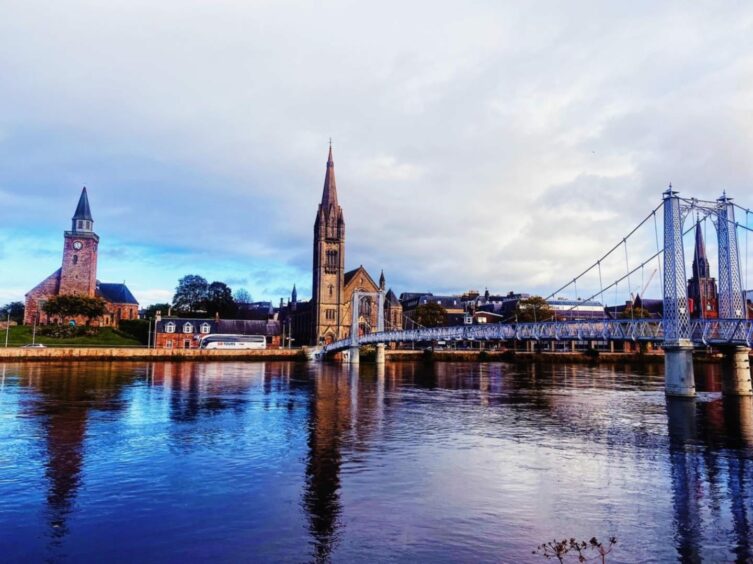
“It’s really interesting because on the west you don’t meet many people because the spaces between things are so vast and so remote,” he says.
“And when you do meet people they are so intrigued and so excited and happy to talk.
“But on the east, you come through big towns like Inverness, Wick, Thurso and every big town through the east coast so far – I’ve got a big flag on my back with my backpack -yet nobody ever stops and talks to me. No one waves. Nobody wants to know. And I find that really strange.
“Yet later on in the day, in the evening, in my tent, I get messages saying ‘well done’ – and I think, ‘right, it would have made my day if you’d had a conversation or given me a smile, or anything like that’. But you find people don’t want to know.”
Chris says that years ago when he travelled in remote parts of Asia where survival was key, people generally wanted to know who he was so that they could check he was safe.
Away from more urban areas, he’s had similar experiences in parts of Scotland – and Wales – where people have been fundamentally kind and welcoming.
Different perspectives
As an Englishman, however, and having now spent so long walking in Scotland, he’s also become conscious about the generally “warmer welcome” he’s had north of the border.
“I’ve been in Scotland so long I’ve become kind of used to being here, and used to people waving and explaining how they do things,” he says.
“I’ve really loved that. Back home, it feels like a strange place for me to go now. Wales also felt like it was welcoming and people wanted to know who I was and what I was doing for the sake of intrigue rather than judgment.
“But in England, there’s so much built up areas on the south and east coast that I found it difficult to camp anywhere, and when I did, I was challenged a lot and quite often there would be scuffles or not particularly nice conflict or confrontations. I’ve never had that in Scotland or Wales.”
Having enjoyed the “space to breathe” in Scotland, and the “sense of freedom in the landscape” Chris reveals that he and his wife are considering relocating to the Highlands with their young family next year.
What he’s also learned about himself is that he’s “capable of being more patient” than at home in a city. He appreciates the amazing ability of the outdoors “to heal and repair any kind of trauma”.
He’s also learned a lot about himself mentally and physically and, as a married father of three, often feeling dependent on the family network, it’s refreshed his understanding that he’s capable of practically living alone and being self-sufficient.
Beauty of Courier Country
As he comes to the end of another day, Chris has enjoyed walking along the Tayside and Fife coast, finding it totally different to anywhere else he’s been in Scotland.
The beautiful harbour villages of the East Neuk remind him of Cornwall, and he’s been struck by the beauty of Angus and Fife’s golden sandy beaches.
Most strikingly, however, he’s discovered a sense of “calm” on the East Neuk coast.
“I don’t know if that’s to do with the kind of light here at this time of year,” he says, “but it’s just a real sense of peace and calm.
“Everybody’s friendly. I’ve had a lot of attention from people on this section so far.
“There’s something about being by the sea that’s kind of primal and seminal and invigorating as a human I think. That’s something I don’t want to lose.”
On course to leave Scotland by the end of January and finish back at Norfolk by early March, he’s looking forward to spending time with his wife and children. He’d also like to write a book – although he doesn’t know where to start and would be delighted to hear from anyone who could help.
To follow Chris Howard’s ongoing journey and to donate, go to thecoastwalker.com
